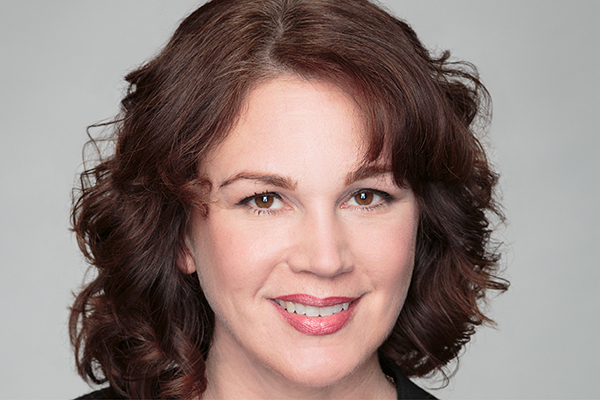Jennifer Daniel: Mastering the Art of Logistics

Jennifer Daniel is head of global logistics for Redbubble, an online marketplace that connects independent graphic design, fine art, and photography artists with customers.
Responsibilities
Oversees all inbound and outbound shipping from 32 locations around the world.
Experience
Senior logistics manager, Redbubble; transportation operations and analytics manager, customs compliance manager, Restoration Hardware; foreign freight and compliance manager, Roost/Gate Five LLC; import manager, Harry & David; international transportation analyst, Williams Sonoma.
Education
BA, International Relations, San Francisco State University, 2001
The 300,000 independent, third-party artists who sell their artwork on Redbubble, as well as their customers, can be located anywhere in the world. Artists upload their designs to our website and set a price for it, then we offer those designs for sale on about 65 different print-on-demand products. When customers place an order, we route that information to a printer near the customer who drop-ships the finished product.
One logistics challenge is managing the drop-ship network because we don’t run the shipping system. However, I negotiate contracts with shipping companies and provide guidance on how we want orders to ship.
We use postal shipping for most standard shipments, so we have to understand postal networks around the world. We’ve had some successes, but the systems aren’t always as fast and reliable as parcel companies. And each country’s postal system is different.
Europe had been a challenging area for us; deliveries were unreliable. One key step was putting staff in Europe, because it was difficult to ensure that our marketplace standards for shipping were met in Europe when our staff is based in San Francisco.
We also found a strong shipping carrier in Germany. We were able to cut costs and enable overnight delivery, as opposed to three to five days. We extended that relationship into several locations across Europe.
We’re working to be forward-looking in our strategies. In 2017, products shipped from 24 locations. In 2018, that number increased to 32 locations.
This growth is exciting. To prepare for it, we’ve implemented more financial controls and pulled together more information on shipping costs. It’s a challenge to make strategic decisions if you don’t understand costs and their drivers. I love using my operational expertise in a creative environment to help independent artists make money in a challenging industry.
I’ve always been interested in other cultures and have traveled to about 25 countries. I studied international relations, and partway through my degree I took some time off and backpacked through Southern Africa.
When I returned, a classmate asked if I’d like to work for a freight forwarder. It sounded like one of the best ways to apply my love of international cultures.
After that, I moved to Williams Sonoma as a coordinator in the customs department. I was mentored by some wonderful people and grew in that role.
Then, I took a year off to backpack around the world. When I came back, I was hired for my first managerial position at Harry and David, where I started an import program for the non-perishable goods it uses in its baskets and boxes.
Next, I started the import department for Roost, a home décor wholesaler. Then I moved to Restoration Hardware as customs compliance manager, and then into a role overseeing financials and data for its home delivery and parcel networks.
About three years ago, Redbubble recruited me. I love being at a small, young, growing company. The things that I do here can become legacy processes, procedures, and systems. I have an opportunity to have a great impact.
The Big Questions
What hobbies or activities make you better at managing logistics?
Cooking. With both cooking and logistics, you need to adapt when things don’t go exactly how you want.
What significant insight have you gained from traveling?
There’s a humility that comes with traveling. You see how people can be wildly different and yet wildly the same in their challenges and what’s important to them. It’s also harder to demonize people when you’ve met them.
What’s the best supply chain advice that you’ve received?
Priorities may shift at any time, so be flexible.
